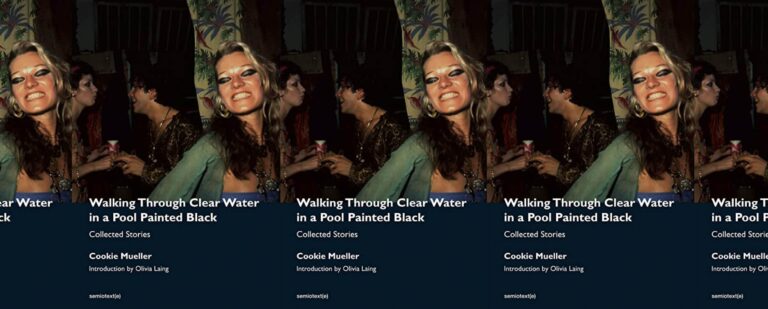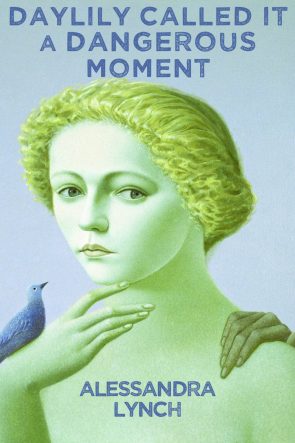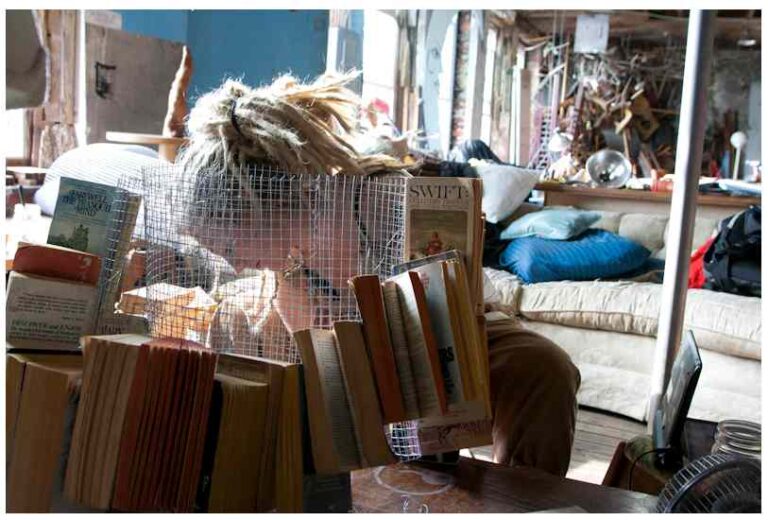Literary Boroughs #35: Portland, OR
The Literary Boroughs series will explore little-known and well-known literary communities across the country and world and show that while literary culture can exist online without regard to geographic location, it also continues to thrive locally. Posts are by no means exhaustive and we encourage our readers to contribute in the comment section. The series will run on our blog from May 2012 until AWP13 in Boston. Please enjoy the thirty-fifth post on Portland, Oregon, by Miranda Schmidt. -Andrea Martucci, Ploughshares Managing Editor
At the confluence of the Willamette and Columbia Rivers, Portland rests just south of the Washington border, in the middle of the Pacific Northwest, a region known for its fir trees, its mountains, its moody coast, and its rain. The landscape plays a crucial role in the works of many Oregon writers: the bear haunted country of Benjamin Percy’s The Wilding, Ken Kesey’s world of loggers in Sometimes a Great Notion, and the fantastical dreamscapes of Ursula K. LeGuin and Patricia McKillip. In Portland, the city meets the trees, creating an urban environment that never forgets its start in the heart of the woods.
What Portland is Known For
beer, coffee, bikes, food carts, farmer’s markets, bridges, zines, urban planning, environmentalism
Resident Writers:
Ursula K. LeGuin, Chuck Palahniuk, Beverly Cleary, Katherine Dunn, Brian Doyle, Leni Zumas, Donald Miller, and David Oates—among many others!
Literary References:
Klickitat Street (Beverly Cleary’s Ramona and Henry Huggins books are all set in a real Northeast Portland neighborhood) and the eruption of Mt. Hood (Ursula LeGuin’s The Lathe of Heaven is set in a future Portland). Chuck Palahniuk also describes Portland’s underbelly as only Chuck Palahniuk can in Fugitives and Refugees: A Walk in Portland, Oregon.
Where to Learn:
Portland State University is home to an MFA program in creative writing where students can take workshops in fiction, poetry, and creative nonfiction as well as courses in the university’s publishing program.
Creative writing can be studied at the undergraduate level at Reed College, Marylhurst University, Lewis and Clark College, and Portland Community College.
Creative writing classes are also available at the Attic Institute, the Independent Publishing Resource Center, Crow Arts Manor, and Write Around Portland.
Where to Find Reading Material:
Books can begin to feel more abundant than rain in Portland (which, in the winter, is saying something), and you can pick up used ones, rare ones, new ones, borrowed ones, and blue ones at countless bookstores and library branches across the city. The Multnomah County Library serves Portland with its 18 neighborhood branches and lays claim to being the oldest public library west of the Mississippi. The library system is so popular that if you want a new book, you’ll often need to get on a waitlist even before its publication date in order to borrow a copy. But, if you don’t want to wait, you can find or order almost any book you might want from Powell’s City of Books. Powell’s has five Portland locations but its most impressive by far is right in the heart of downtown, where it takes up an entire city block and is home to over a million used and new books. Other Portland bookstores include Reading Frenzy, with its collection of zines and indie books, Broadway Books in Northeast Portland, Annie Bloom’s Books in Southwest Portland, the relatively new Mother Foucault’s Bookshop, the collectively owned Laughing Horse Books, and countless, countless more.
Where to Get Published:
Tin House, with offices in both Portland and New York, publishes a literary magazine and full-length books. Glimmer Train, started in 1990 by two sisters, publishes a short literary fiction on a quarterly basis. Ooligan Press, housed in Portland State University’s publishing program, accepts query letters and proposals for book length works. The Portland Review is run by students at Portland State’s MFA program and publishes prose and poetry. Portland is also home to Hawthorne Books, which publishes book length literary fiction and narrative nonfiction; young adult publisher RainTown Press; and The Grove Review, a literary magazine that publishes short fiction, poetry, and visual art. Or join the Independent Publishing Resource Center and learn how to publish your own book!
Where to Write:
In Portland, writers tend to gather around coffee. Step into almost any café in the city and you’ll see them with their notebooks open or their laptops out, working furiously on novels and stories and essays and poems, or gazing out the window and waiting for inspiration to walk by. Palio, located in the tree-lined maze of Ladd’s Addition, is popular with the studious and the sociable alike. Its two rooms nicely accommodate both, with the quieter patrons setting up at tables in the back and the louder ones chatting at tables in the front. Tiny’s, a little café with two Portland locations, is another popular writerly destination. Its southeast shop is perched right next to a large complex of food carts in case your scribing happens to give you the nibbles. Stumptown Coffee Roasters has cafes throughout Portland and has even become so popular that it opened one in New York.
If you prefer to write in the great outdoors, you’re never far from a nice space of green. Forest Park, with its hilly walking trails and beautiful woods, is the perfect place to find your muse. The Lone Fir Cemetery is Portland’s oldest original cemetery and holds a surprising amount of the city’s history beneath its towering trees and well-kept lawn. For peace and quiet, there’s no better company than the dead, But if you prefer to keep company with the living, Pioneer Courthouse Square, commonly referred to as Portland’s living room, is where the whole city comes together and is a great place to set up with a notebook to people watch.
Events/Festivals:
Each October, Portland hosts the two-day Wordstock, a literary festival that draws authors from all over the country and the world to speak about their books and the state of literature. Tin House holds its acclaimed Summer Writers Workshop for one week each July, and Portland State’s Oooligan Press organizes the Ooligan Write to Publish Conference every spring. The city is also home to the yearly Portland Zine Symposium where zinesters gather to buy, sell, and talk about indie magazines.
And on any regular night in Portland (and most weekend days) it’s easy to find an author reading, book group, or workshop at any local bookstore, library, or cafe. Even between festivals, Portland’s literary community remains an essential and highly visible part of the city’s life.
Miranda Schmidt is a writer living in Portland, Oregon where she enjoys attending author readings, drinking coffee, and going for long walks in the woods. Originally from Illinois, she has also lived in San Francisco, New York, and London. She is currently finishing up her MA in literature and composition, cofounding a literary magazine called The Raindrop, and working on a novel about ghosts.


